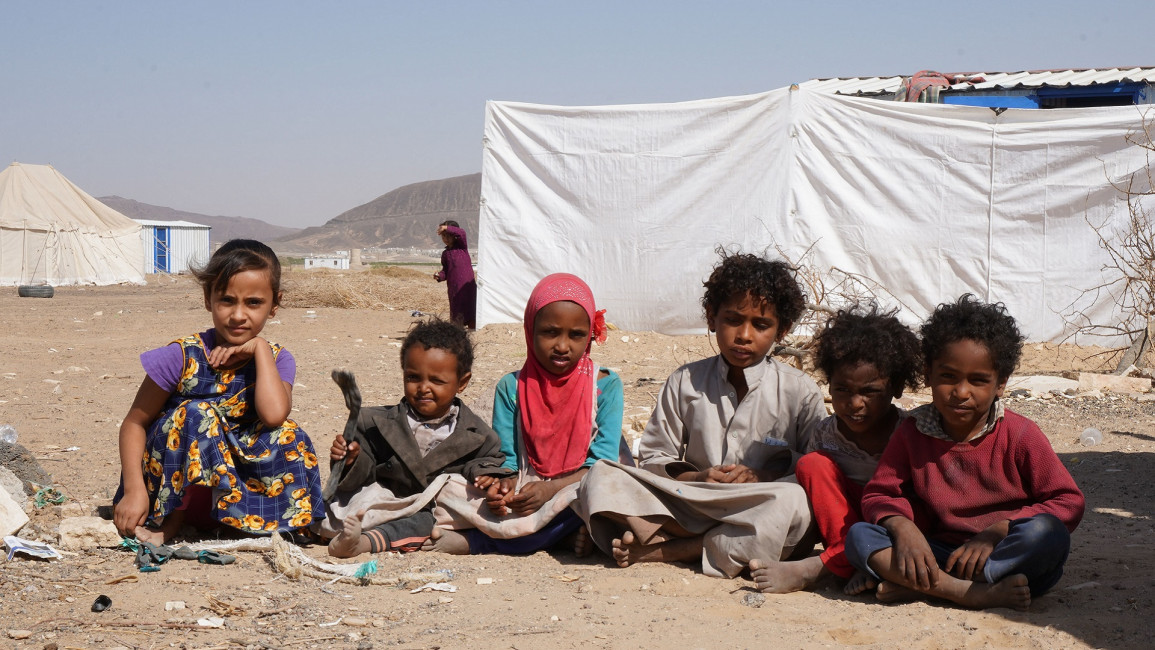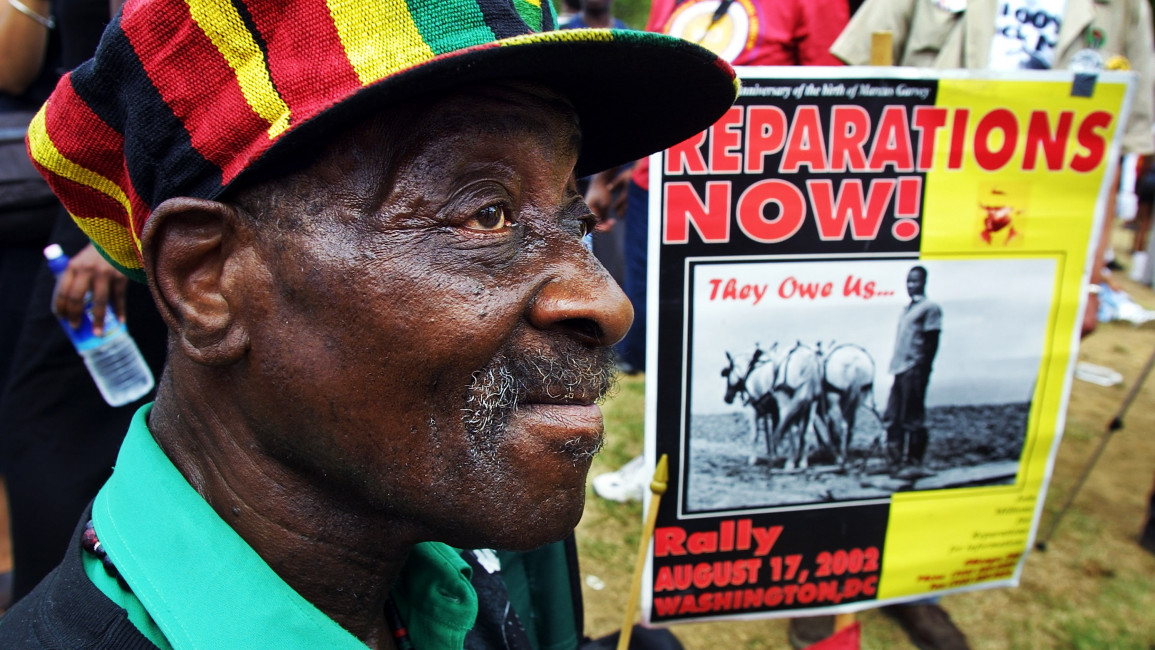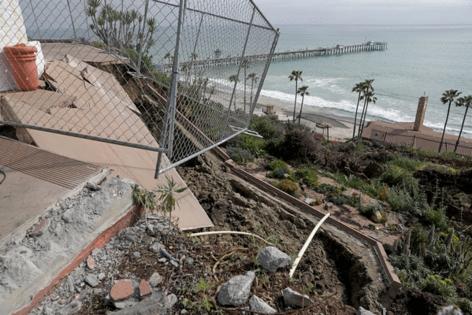
NAIROBI — Kenya said Sunday that the death toll from weeks of devastating rains and floods had risen to 228 and warned that there was no sign of a let-up in the crisis.
While Kenya and neighboring Tanzania escaped major damage from a tropical cyclone that weakened after making landfall on Saturday, the government in Nairobi said the country continued to endure torrential downpours and the risk of further floods and landslides.
In western Kenya, the River Nyando burst its banks in the early hours of Sunday, engulfing a police station, school, hospital and market in the town of Ahero in Kisumu County, police said.
There were no immediate reports of casualties but local police said water levels were still rising and that the main bridge outside Kisumu on the highway to Nairobi was submerged.
Weeks of heavier than usual seasonal rains, compounded by the El Nino weather pattern, have wreaked chaos in many parts of East Africa, a region highly vulnerable to climate change.
More than 400 people have been killed and several hundred thousand uprooted from their homes in several countries as floods and mudslides swamp houses, roads and bridges.
"It's a serious situation and we should not take it lightly," Kenyan government spokesman Isaac Mwaura said at a briefing on the crisis on Sunday.
'Concerns of wider humanitarian crisis'
Across the border, the Tanzania Meteorological Authority declared that Tropical Cyclone Hidaya, which had threatened to pile on more misery, had "completely lost its strength" after making landfall on Mafia Island on Saturday.
"Therefore, there is no further threat of Tropical Cyclone 'Hidaya' in our country," it said.
Tanzania remains one of the countries worst hit by the floods, with 155 people dead since early April.
In Kenya, Mwaura said while the cyclone had weakened, it had caused strong winds and waves on the coast and heavy rains were likely to intensify from later Sunday.
One fisherman had perished and another was missing, he added.
Across the nation, the disaster has claimed the lives of 228 people since March with 72 still missing, according to government figures.
More than 212,000 people have been displaced, with Mwuara saying many were "forcibly or voluntarily" evacuated.
The government has ordered anyone living near major rivers or dams to leave the area or face "mandatory evacuation for their safety," with many dams or reservoirs threatening to overflow.
Mwaura also warned of the risk of waterborne diseases, with one case of cholera reported as well as incidents of diarrhea.
Jagan Chapagain, head of the International Federation of Red Cross and Red Crescent Societies (IFRC), said on X on Saturday that forecasts of more rains raised "serious concerns about a wider humanitarian crisis."
The Kenyan government has been accused of being unprepared and slow to respond to the crisis despite weather warnings, with the main opposition Azimio party calling for it to be declared a national disaster.
President William Ruto said in an address to the nation on Friday that the weather picture remained "dire," blaming the calamitous cycle of drought and floods on a failure to protect the environment.
In the deadliest single incident in Kenya, 58 people perished when a dam burst on Monday near Mai Mahiu in the Rift Valley north of Nairobi, the interior ministry said.
Several dozen remain missing.
Rescuers are also hunting for 13 people still missing after a boat capsized in Tana River County, killing seven, the ministry said.


 The impact of these rival economies has been most severe for Yemen's civilian population. [Getty]
The impact of these rival economies has been most severe for Yemen's civilian population. [Getty]










